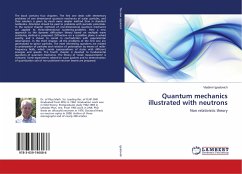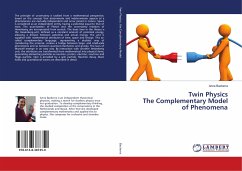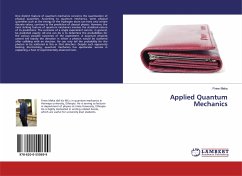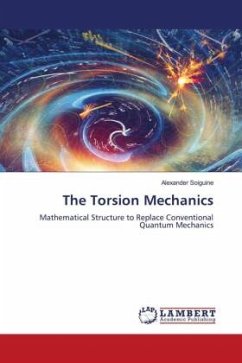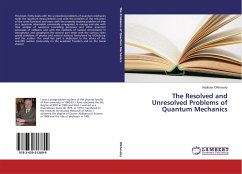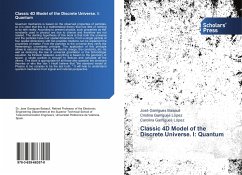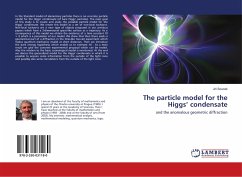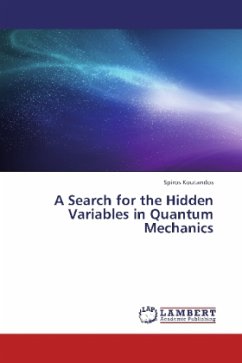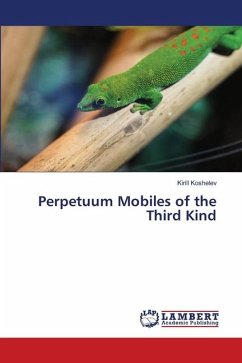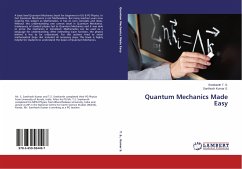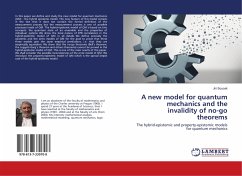
A new model for quantum mechanics and the invalidity of no-go theorems
The hybrid-epistemic and property-epistemic models for quantum mechanics
Versandkostenfrei!
Versandfertig in 6-10 Tagen
24,99 €
inkl. MwSt.

PAYBACK Punkte
12 °P sammeln!
In this paper we define and study the new model for quantum mechanics (QM) - the hybrid epistemic model. The new feature of this model consists in the fact that it does not contain the formal definition of the measurement process but the measurement process is one of possible processes inside of QM. The hybrid-epistemic model of QM is based on two concepts: the quantum state of an ensemble and the properties of individual systems. We show the local nature of EPR correlations in the hybrid-epistemic model of QM in all details. We define precisely the epistemic and the ontic models of QM for the...
In this paper we define and study the new model for quantum mechanics (QM) - the hybrid epistemic model. The new feature of this model consists in the fact that it does not contain the formal definition of the measurement process but the measurement process is one of possible processes inside of QM. The hybrid-epistemic model of QM is based on two concepts: the quantum state of an ensemble and the properties of individual systems. We show the local nature of EPR correlations in the hybrid-epistemic model of QM in all details. We define precisely the epistemic and the ontic models of QM for the goal to prove that these three models give the same empirical predictions, i.e. that they are empirically equivalent. We show that the no-go theorems (Bell's theorem, the Leggett-Garg's theorem and others theorems) cannot be proved in the hybrid-epistemic model of QM. This is one of the main results of this paper. We shall consider the possible inconsistences of the ontic model of QM. We introduce the property-epistemic model of QM which is the special simple case of the hybrid-epistemic model.



